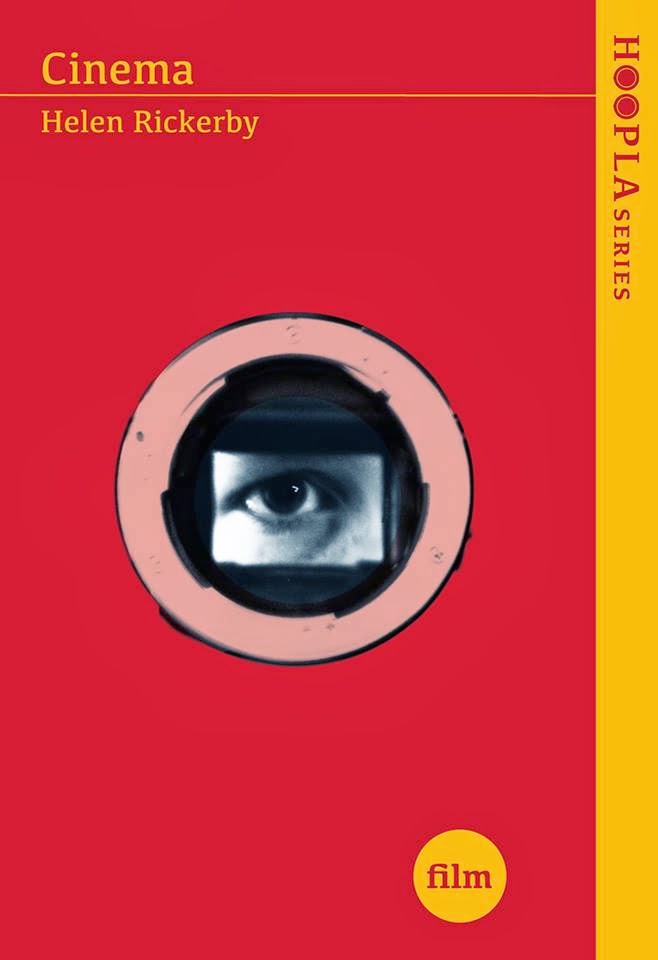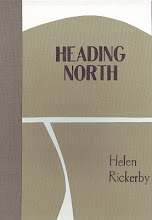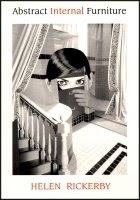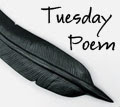Basically, it is a loose translation of sections of Homer's The Illiad, which is set during the Trojan war. The poet calls it 'an excavation of the Illiad', and also 'a translation of the Illiad's atmosphere'. She strips out most of the story, and focuses on the deaths of each character. You get a little snippet of their lives, where known, and how they died. And in between there are sections of extended similes, using imagery from nature to evoke death.
For example:
AXYLUS son of Teuthras
Lived all his live in the lovely harbour of Arisbe
Looking down at the Hellespont
Everyone knew that plump man
Sitting on the step with his door wide open
He who so loved his friends
Died side by side with CALESIUS
In a daze of loneliness
Their conversation unfinished
Like the hawk of the hills the perfect killer
Easily outflies the clattering dove
She dips away but he follows he ripples
He hangs his black hooks over her
And snares her with a thin cry
In praise of her softness
It is one of those reasonably rare collections of poetry that seem to reinvent poetry - even while it is so very rooted in tradition. I didn't just like it, it got me excited. And I felt very quickly that I should trust it - there were a few things, like the beginning which is just a list of names, and the repetition of the simile sections that at first I wasn't sure I liked, but the writing was so good that I felt I could just go with it, and then it felt right.
This book-length poem works for me both intellectually - it's clever, interesting, beautiful language, and also emotionally - it's really sad! Each person who died was a person. They had a life, but now they don't anymore. They were loved, they are grieved for. I don't know if she meant it to have an anti-war message, but how could it not - as soon and you see people as people, their deaths become a tragedy, not just a statistic.
It's also quite gruesome: 'And someone's face was pierced like a piece of fruit'; 'Died in a puddle of his own guts'; 'You can see the hole in the helmet just under the ridge/Where the point of the blade passed through/And stuck in his forehead/Letting the darkness leak down over his eyes'.
It wasn't until my second reading, oddly, that I really noticed the lack of punctuation. There isn't any - not at all. The line breaks generally act as pauses, but it has a breathlessness about it, and also in some lines, where there would normally a comma or full stop, it leads to some quite interesting and occasionally ambiguous run-ons. For example: 'Calm down their horses lift them/Out of the fight as light as ash'; or, even better: 'He collapsed instantly an unspeakable sorrow to his parents'
I'm getting interested in translation at the moment, despite being basically monolingual, because I'm going to start the Seraph Press Translation Series, beginning with three chapbooks of poetry. Poet Vana Manasiadis is going to be my series co-editor. Anyway, so I was very interested in how Oswald talks about her approach to translation in the introduction:
My 'biographies' are paraphrases of the Greek, my similes are translations. However, my approach to translation is fairly irreverent. I work closely with the Greek, but instead of carrying the words over to English, I use them as opening through which to see what Homer was looking at. I write through the Greek, not from it - aiming for translucence rather than translation.Another thing I love that she said in the introduction is:
There are accounts of Greek lament in both the Iliad and the Odyssey. When a corpse was layed out, a professional poet (someone like Homer) led the mourning and was anti-phonally answered by women offering personal accounts of the deceased. I like to think that the stories of individual soldiers recorded in the Illiad might be recollections of these laments, woven into the narrative by poets who regularly performed both high epic and choral lyric poetry.Some links to relevant stuff on the internet:
Alice Oswald on the Poetry Archive, which includes an audio recording of her reading part of Memorial.
Youtube clip of Alice Oswald reading in Boston (embedded below). She begins by 'reading' from other work (actually she's reciting - clearly she's memorised everything! How stressful!) and at around 22 minutes she starts talking about Memorial.
Guardian review of Memorial.
Long interview with Alice Oswald in the White Review.
Afterword to Alice Oswald's Memorial by Eavan Boland.





